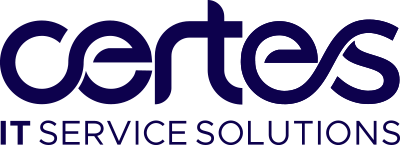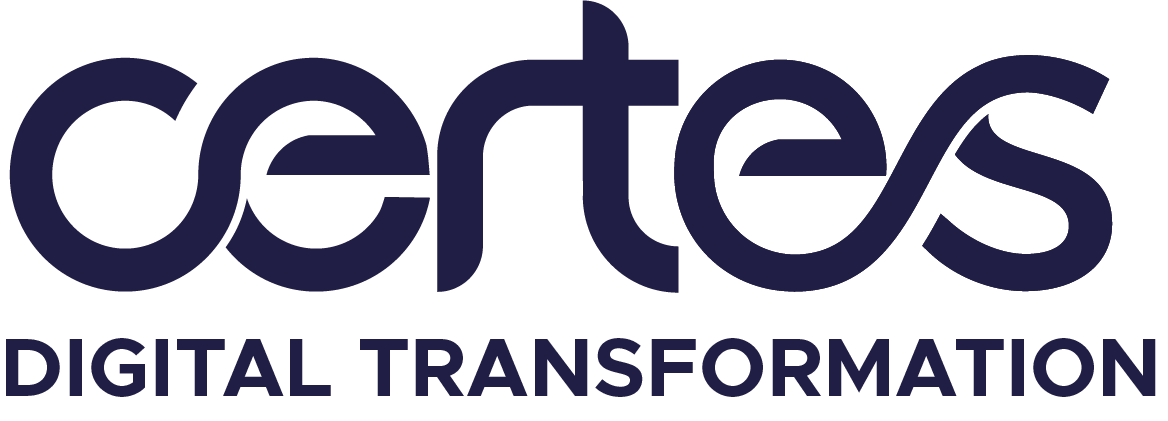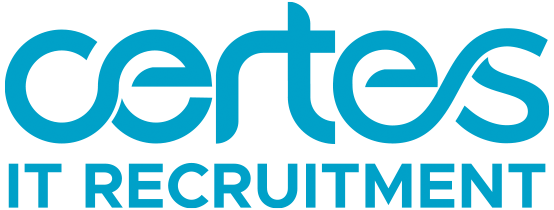
How AI Is Redefining IT Roles And What It Means for Employers and Talent
Artificial Intelligence is no longer just transforming products and services, it’s reshaping the very fabric of IT work. Across software engineering, data analytics, cybersecurity, and IT service management, AI is changing how tasks are performed and what skills are in demand.
For employers and IT professionals alike, the challenge is clear: adapt, upskill, and rethink what an IT career looks like in the age of AI.
AI and the Shifting IT Job Market
According to the Indeed 2025 Tech Talent Report, overall tech job postings are down 36% compared to pre-pandemic levels. Demand for junior and mid-level IT professionals has dropped the most, while roles focused on AI integration, governance, and data security are on the rise.
This is creating a new kind of talent mismatch: fewer traditional developer roles, but growing demand for professionals who can manage, optimise, and collaborate with AI systems.
“Routine coding tasks are increasingly automated,” says Linsey Fagan, Global Client Strategist at Indeed. “Employers are looking for people who can integrate AI tools, oversee quality, and scale intelligent systems. The entry point into tech has fundamentally changed.”
Redefining Roles Across the IT Spectrum
Generative AI is impacting every level of IT work. As Manu Sood, SVP of Technology at AvidXchange, puts it:
“Every single level of software engineering as we know it today is going to change.”
Where junior developers once focused on boilerplate code or debugging, these tasks are now handled by AI assistants. New expectations are emerging, junior engineers need to demonstrate problem framing, critical thinking, and the ability to validate AI output.
Indeed’s data shows that 37% of IT professionals say their role has already been redefined due to generative AI, with over half (52%) reporting role reshuffles within their organisation.
For employers, this makes transparency and communication critical. Even when layoffs aren’t planned, unclear messaging around AI adoption can drive skilled employees to look elsewhere.
Upskilling: From Optional to Essential
AI may be automating tasks, but it’s also creating opportunities for those prepared to learn.
More than 64% of IT professionals say they feel moderate to high pressure to upskill. Yet a third feel their current employer isn’t providing enough training.
For IT leaders, that means building a culture of experimentation where employees can safely test, learn, and grow with AI, not fear it.
What This Means for Employers and Candidates
At Certes IT Recruitment, we’re seeing the same trends play out across the UK:
- AI-related skills are becoming core to every IT role, not just data science or ML engineering.
- Employers must redesign job descriptions to focus on problem-solving, adaptability, and cross-functional collaboration.
- Training and mentorship are now key retention tools, not just perks.
- Candidates who demonstrate curiosity and an appetite for continuous learning are standing out most in today’s job market.
The organisations that win long-term will be those that use AI to amplify people, not replace them.
Certes Insight
As AI reshapes IT roles, the best strategy is balance:
- Use AI to boost productivity, but reinvest the gains into developing your people.
- Encourage adaptability and inclusion, so every generation in your workforce feels equipped for the AI era.
- Work with recruitment partners who understand both the technology and the human side of transformation.
At Certes, we help organisations identify and attract AI-ready talent, and support professionals looking to evolve their careers in a rapidly changing landscape.
Want to future-proof your IT team?
Let’s talk about how Certes can help you build a workforce ready for the AI-driven decade ahead.


















